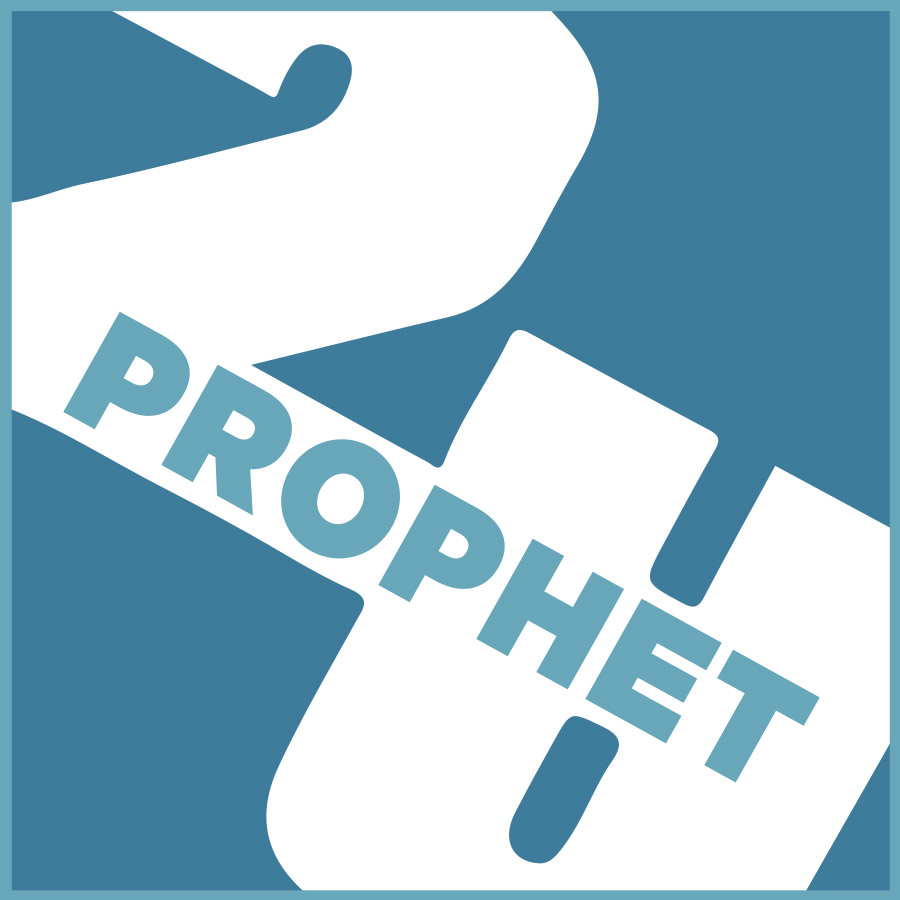| S | M | T | W | T | F | S |
|---|---|---|---|---|---|---|
| 1 | 2 | 3 | 4 | 5 | 6 | |
| 7 | 8 | 9 | 10 | 11 | 12 | 13 |
| 14 | 15 | 16 | 17 | 18 | 19 | 20 |
| 21 | 22 | 23 | 24 | 25 | 26 | 27 |
| 28 | 29 | 30 | 31 | |||
Written by: Michael Catt
If you are serious about writing, you will want to keep a few basic books close at hand. These reference books will aid you in fine tuning your writing skills. Whether you are writing a weekly column, a bulletin article or a book, you will find these resources to be very helpful.
A Dictionary of Modern English Usage, H. W. Fowler, Oxford University Press. I have the Second edition in my library, published in 1965. The author’s primary concern was to teach clear thinking and the orderly use of precise words, and to castigate whatever was slovenly, pretentious or ostentatious. You will probably want an updated version, but I found mine in a used bookstore for only $2.00 – a great investment.
Webster’s Dictionary of Word Origins, Created in cooperation with the editors of Merriam-Webster, Smithmark Publishers. An enlightening history of how English words have evolved. This work is cross-referenced. The articles are easy to read. A good resource if you are interested in the etymology of words.
The Complete Idiot’s Guide to Grammar and Style, Laurie E. Rozakis, Ph.D., Alpha Books. In this book you will find a guide to grammatical rules…advice on how to vary your style…tips, definitions and warnings…examples of the right and wrong way to say things.
Woe Is I, The Grammarphobe’s Guide to Better English in Plain English, Patricia T. O’Conner, Riverhead Books. Garrison Keillor writes, “You forget so much about English as you go along being profound in it, like who a gerund is and where adverbs go, until one day you stand up to receive your honorary LL.D. and children snicker at your grammatical errors. Woe is I can save you from that.” This book was written by the former New York Times Book Review editor and offers a very down to earth course for anyone who wants to speak or write more clearly.
A Christian Writers Manual of Style, Bob Hudson and Shelley Townsend, Zondervan. The book is based on a survey of fifty Christian authors and editors to find out what they need to know – but can’t find in secular references. How do you handle the capitalization of the deity pronoun? How do you obtain permission to quote from published works? A helpful resource for those interested in one day becoming an author. A helpful tool.
Dictionary of Problem Words and Expressions, Harry Shaw, McGraw-Hill Book Company. More time and money is wasted through careless, slovenly, inaccurate speech – and writing – than through any other activity. This book is designed to alert you to faulty speech and writing habits you may have – and to strengthen good ones. The author singles out the most common mistakes in word use.
The Complete Plain Words, Sir Ernest Gowers. Revised by Sidney Greenbaum & Janet Whitcut, David R. Godine Publisher. The purpose of the book is to make the task of writing easier for those who wish to write better than they now do. Writing is an instrument for conveying ideas. By dealing with the problems of writing, Gowers can help us improve our skills by offering positive solutions. Chapters include: The Choice of Words; Avoiding the superfluous word, choosing the familiar word, choosing the precise word, troubles with conjugations and prepositions, troubles with pronouns, troubles with verbs, troubles with negatives, punctuation and words to be used with care.
The Copyright Book, A Practical Guide, William S. Strong, The MIT Press. Copyright laws change like the weather, but you need a good idea of what they involve. This is the work of a lawyer who specializes in copyright cases, but is written in non-legalese for laymen.
The Gregg Reference Manual, William A. Sabin, Glencoe Publishing. This book is intended for anyone who writes, edits, or prepares final copy for distribution or publication. It is considered the most comprehensive business style manual available today. An essential reference tool.

2ProphetU is an online magazine/website, started by Warren Wiersbe and Michael Catt, to build up the church, seek revival, and encourage pastors.
